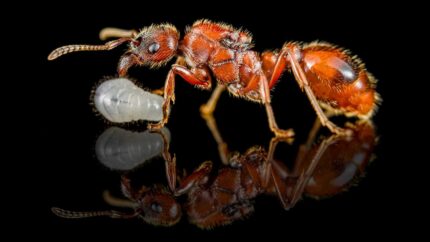
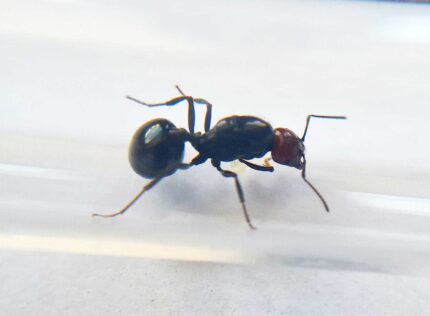
Messor aciculatus
$10.96 – $52.18Price range: $10.96 through $52.18
Worldwide shipping
Free delivery over 999 PLN
The highest quality of goods
Live delivery guarantee
24/7 Personal Support
Fair Prices
Description
Messor aciculatus is a polygynous ant species with a colony size of up to 5000 workers. They have a medium development rate and come in different sizes, with the queen measuring 8-10mm, workers measuring 3-5mm, and majors measuring 5-7mm. They are black in color and feed on food insects and plant seeds. They thrive in humid environments with an arena humidity of 30-50% and a port humidity of 50-70%. The recommended temperature for them is 25°C.
Additional information
| Behavior | |
|---|---|
| Difficulty in breeding | |
| Origin | |
| The size of ants | |
| Wintering |
Messor aciculatus
Colony Type: Polygyny
Colony Size: Up to 5000 workers
Development Speed: medium
Size
- Queen: 8-10 mm
- Workers: 3-5 mm
- Majors: 5-7 mm
All members of this species are predominantly black in color, giving them their distinctive appearance.
Nutrition
- Food insects (such as cockroaches and crickets) dead, or live if colony is big
- Fruits and vegetables
- Jelly
- Cooked chicken without salt, shrimps
- Seeds
Don’t forget to check out our food products to ensure a well-balanced diet for your colony!
Habitat and Temperature
- Humidity: Arena: 40-60%, Nest: 50-70%
- Temperature: Arena: 22-30 °C, Nest: 22-26 °C
Species Feature: Harvester Ant
Messor aciculatus belongs to the family of harvester ants, a group known for their impressive foraging abilities. These ants are adept at collecting seeds, which they store within their nests. The collected seeds not only provide sustenance for the colony but also contribute to the dispersal of plants in their environment.
Recommended Nests for Breeding
- Acrylic Nests
- Cork Nests
- Digfix


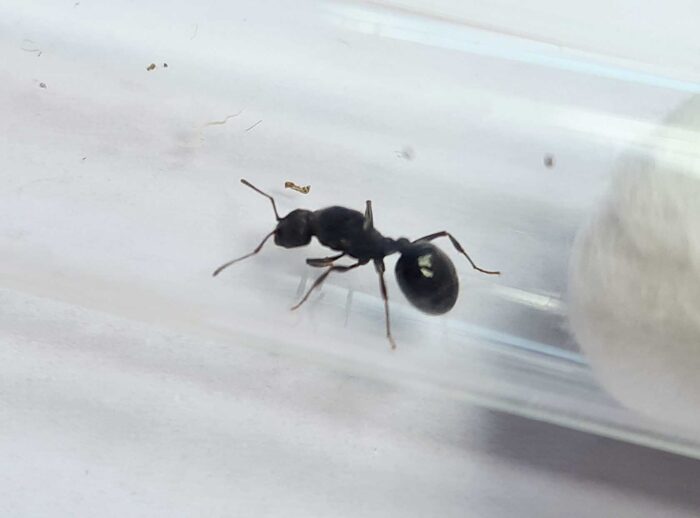
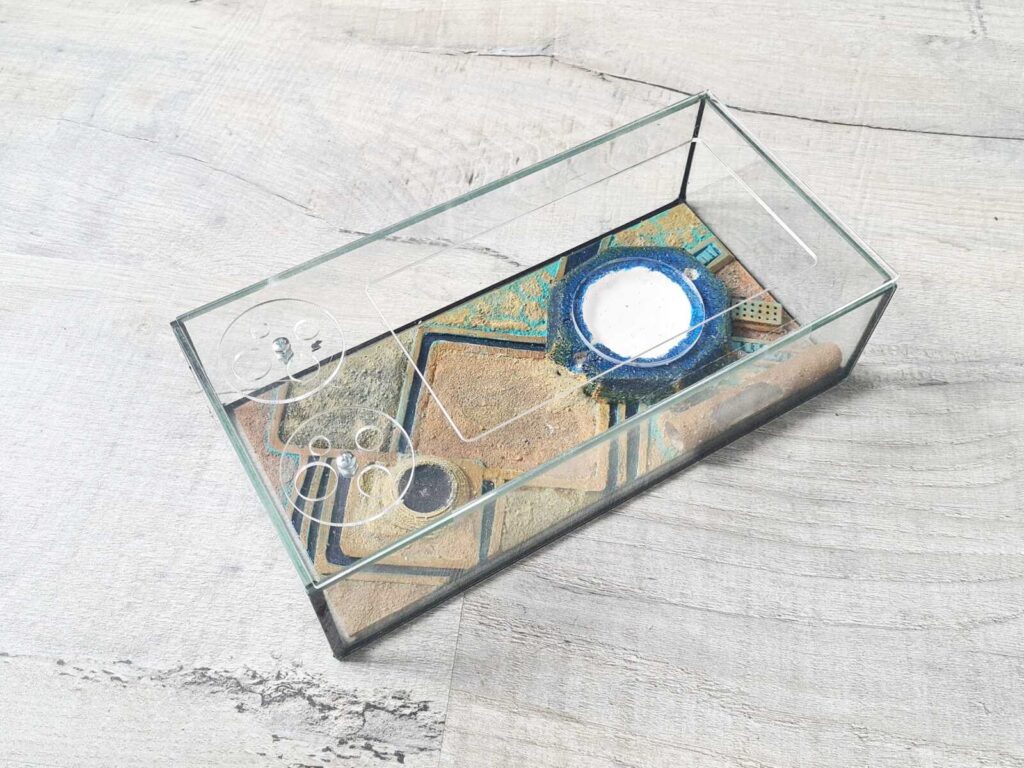
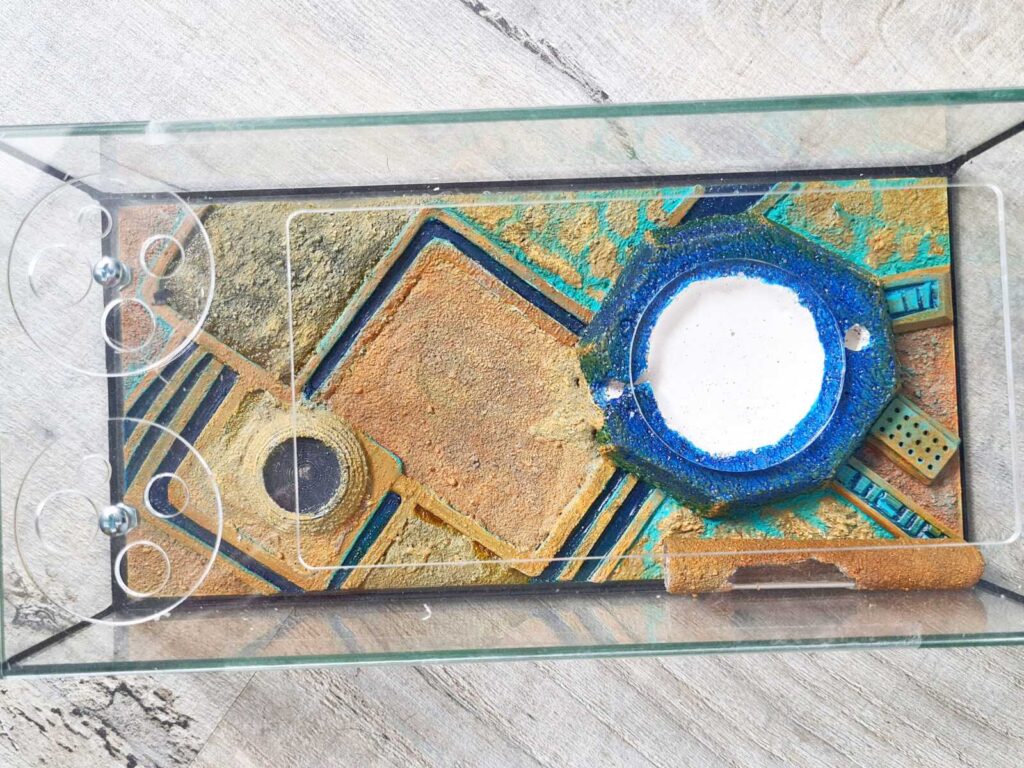
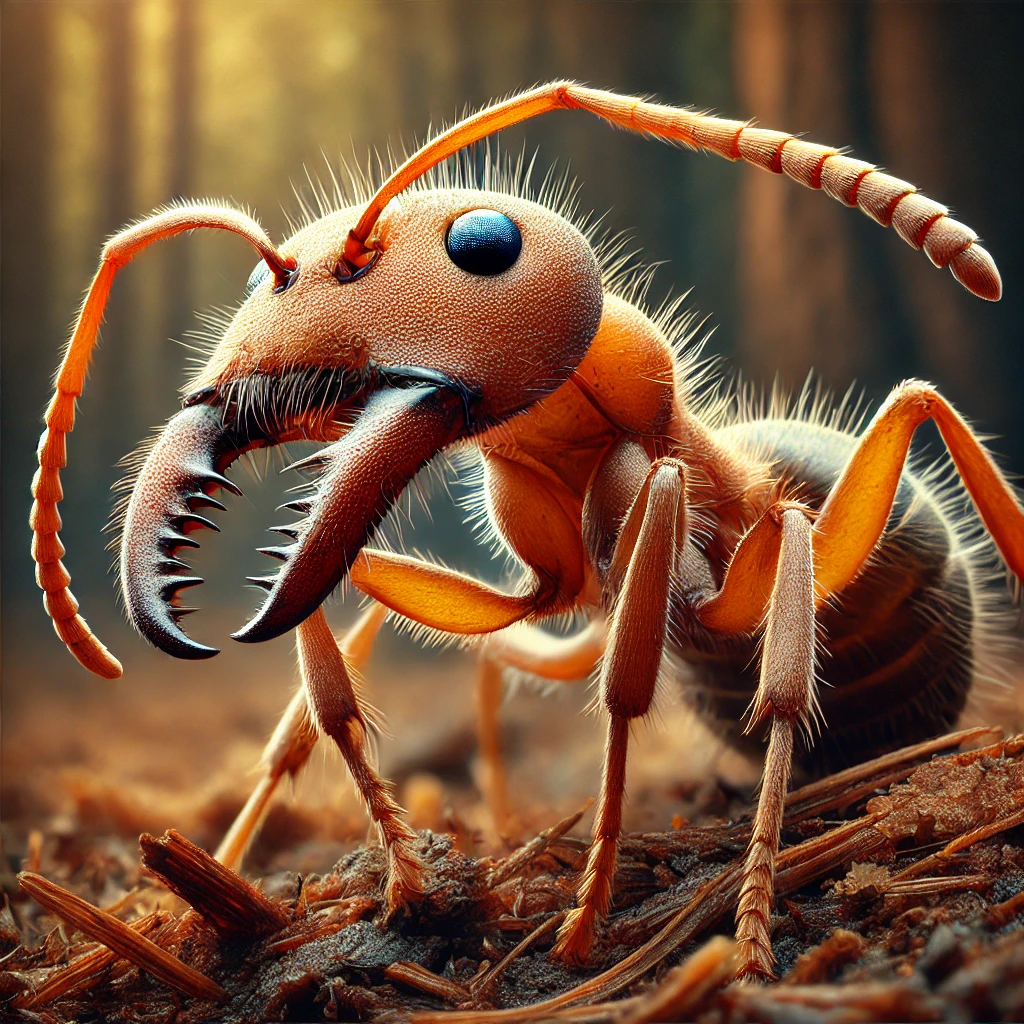
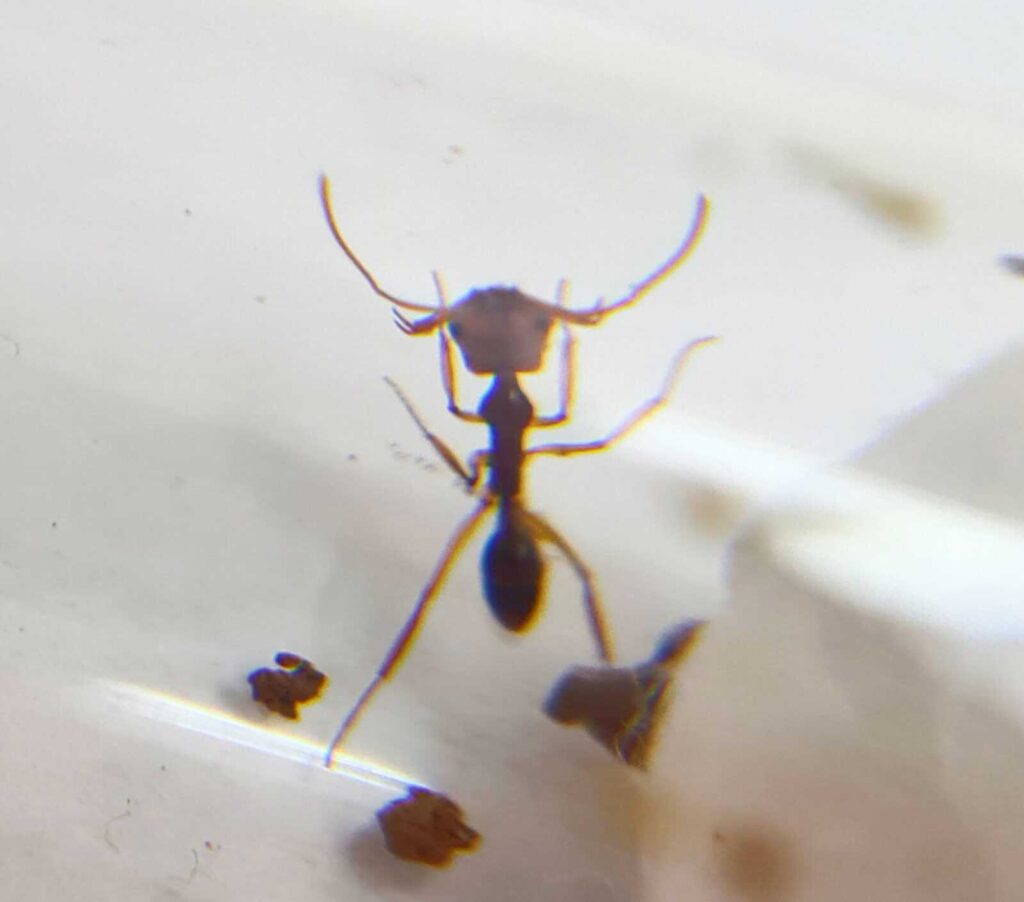
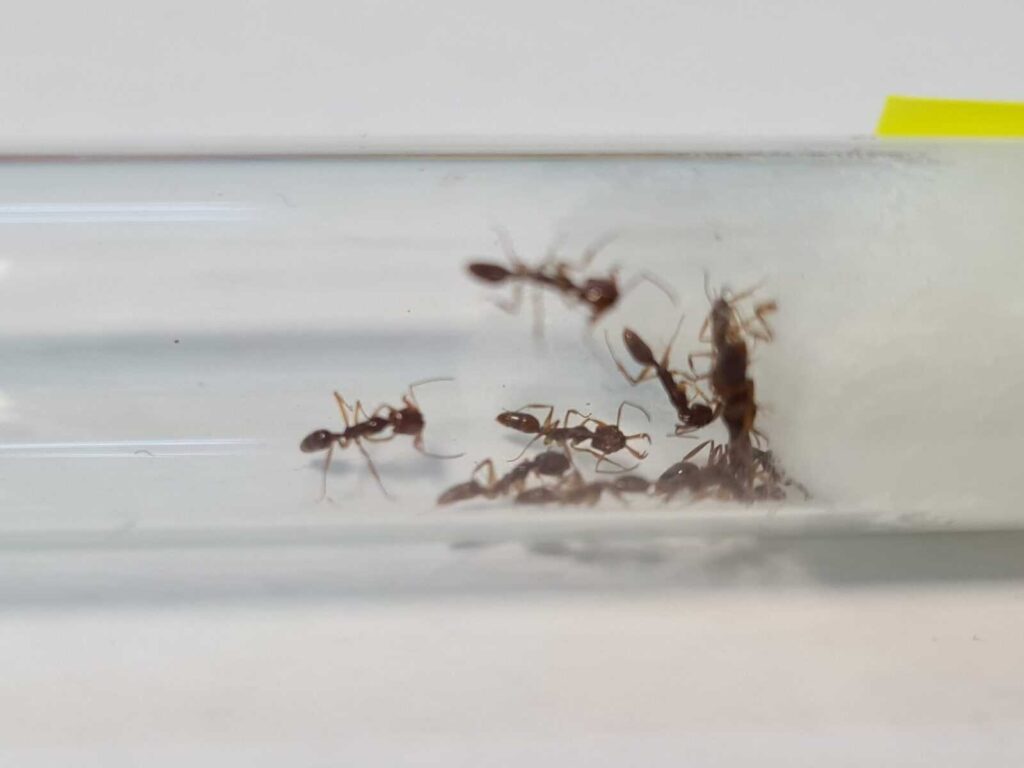
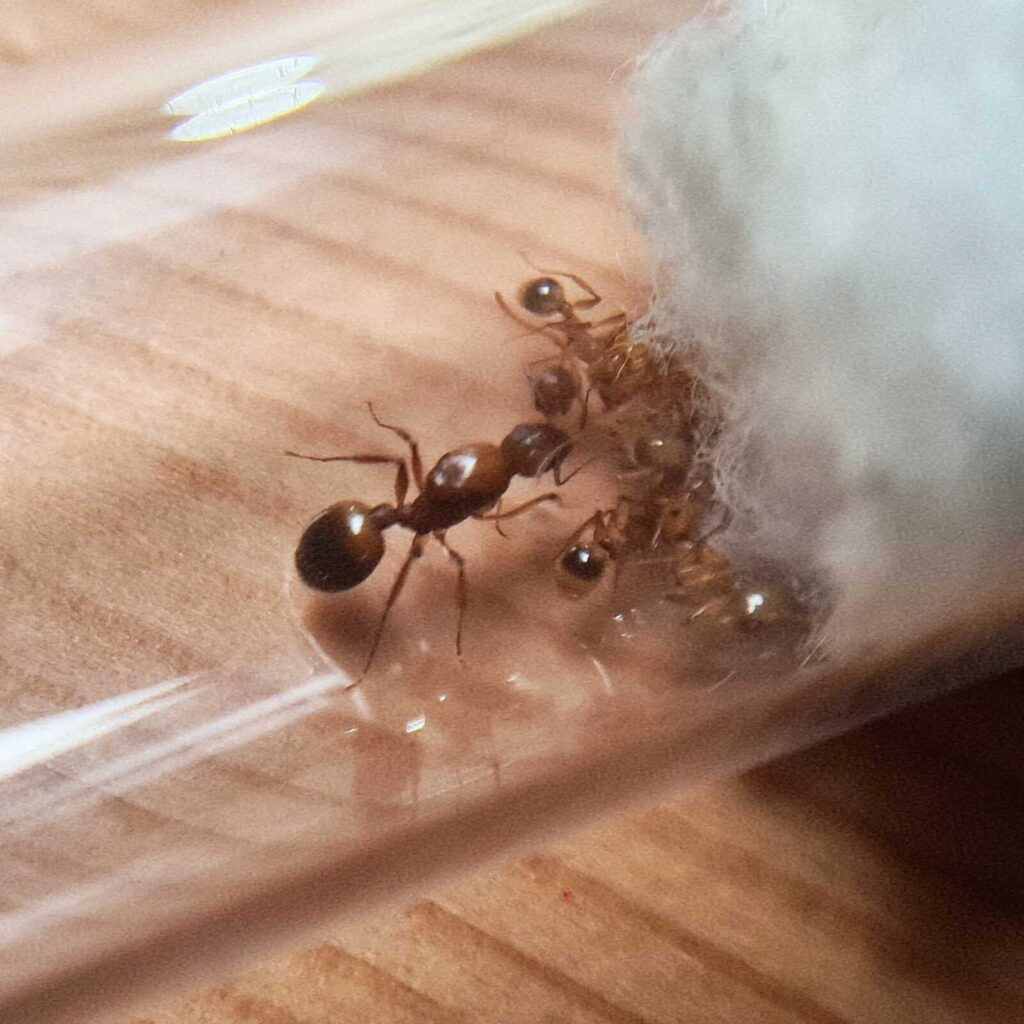
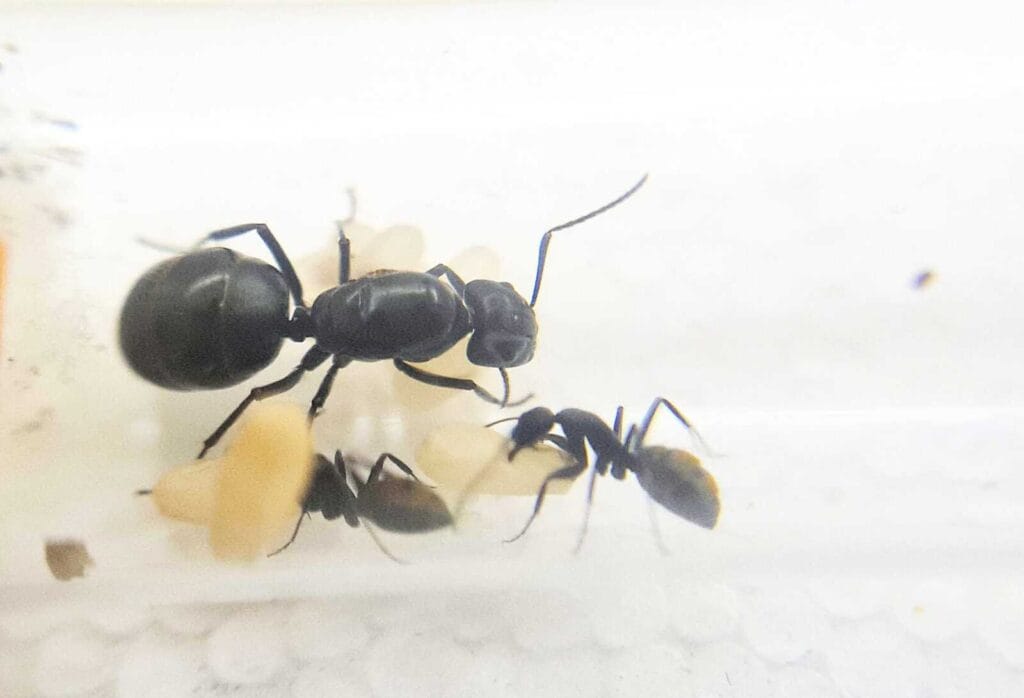

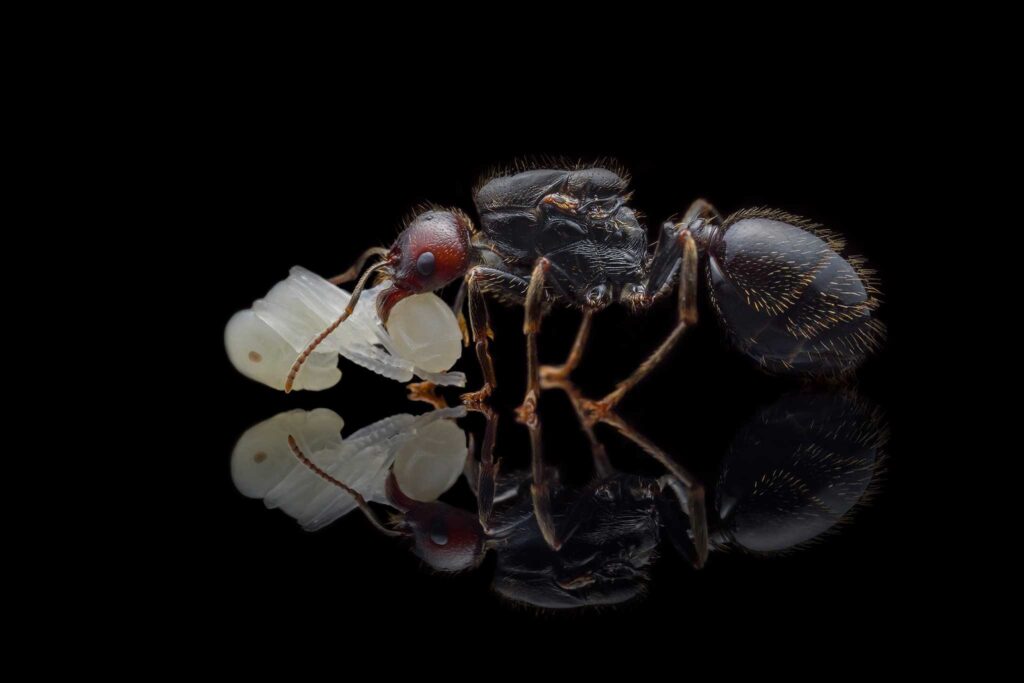
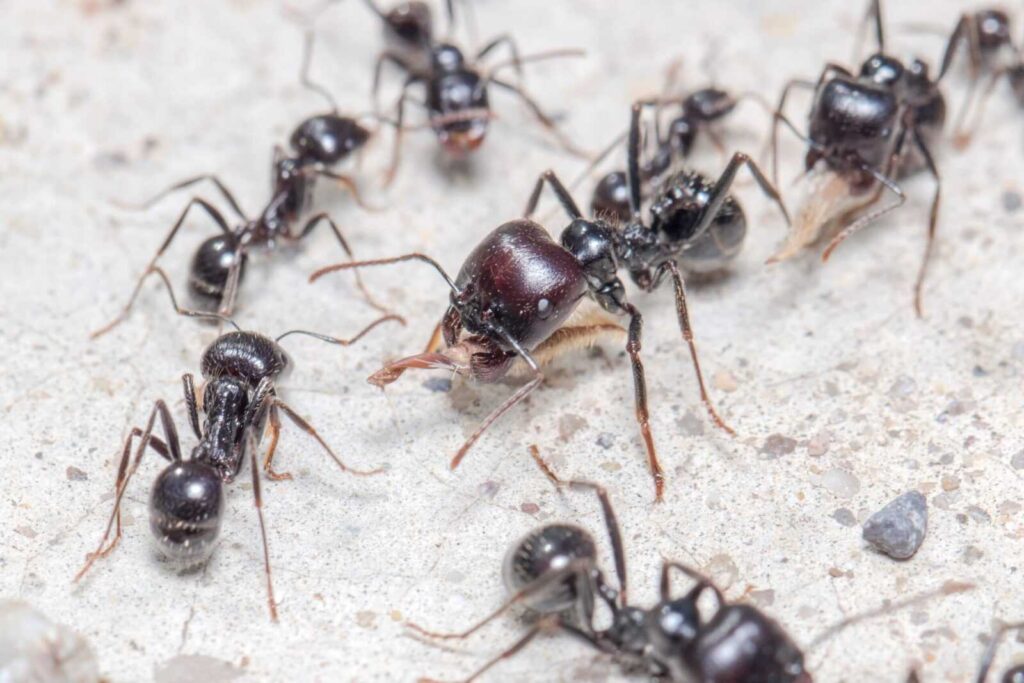
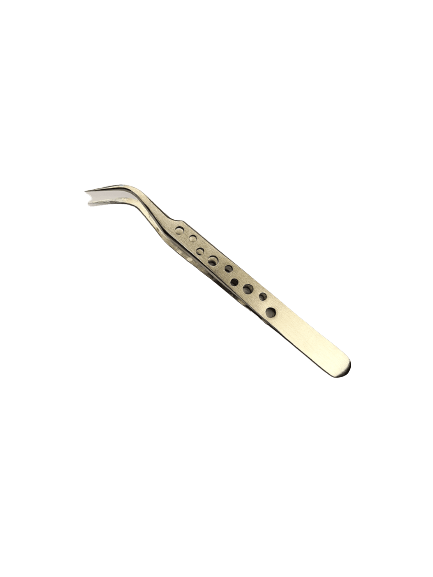
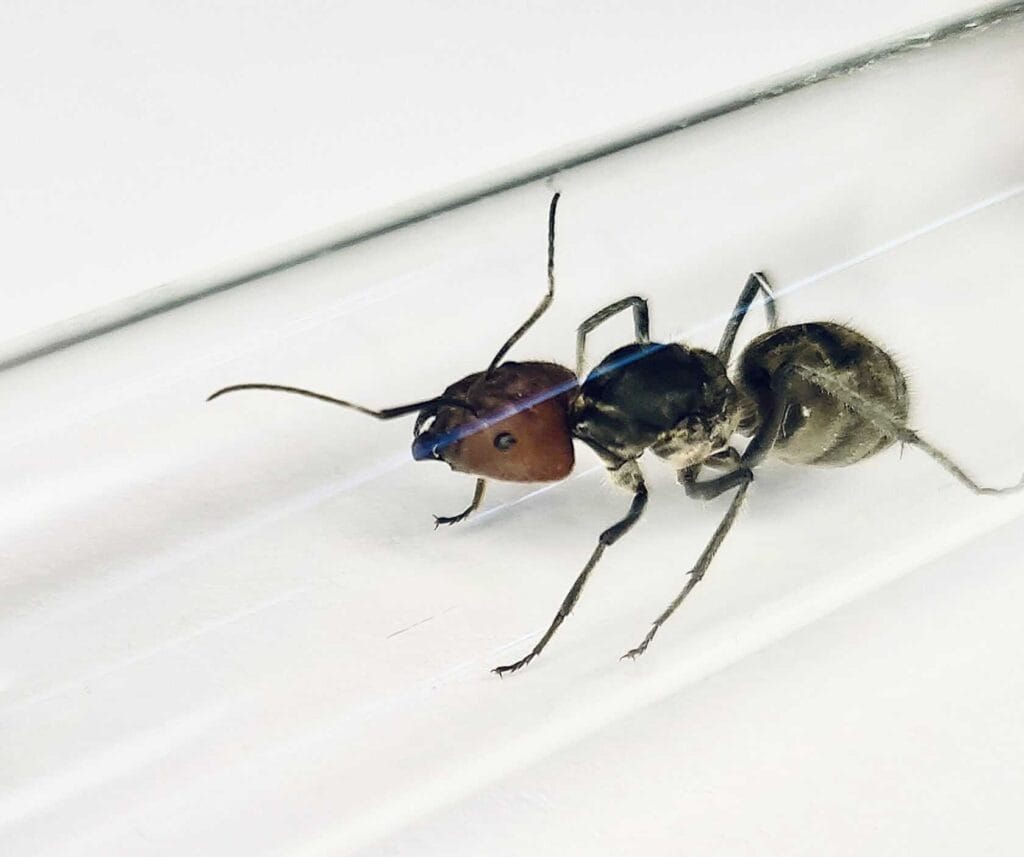
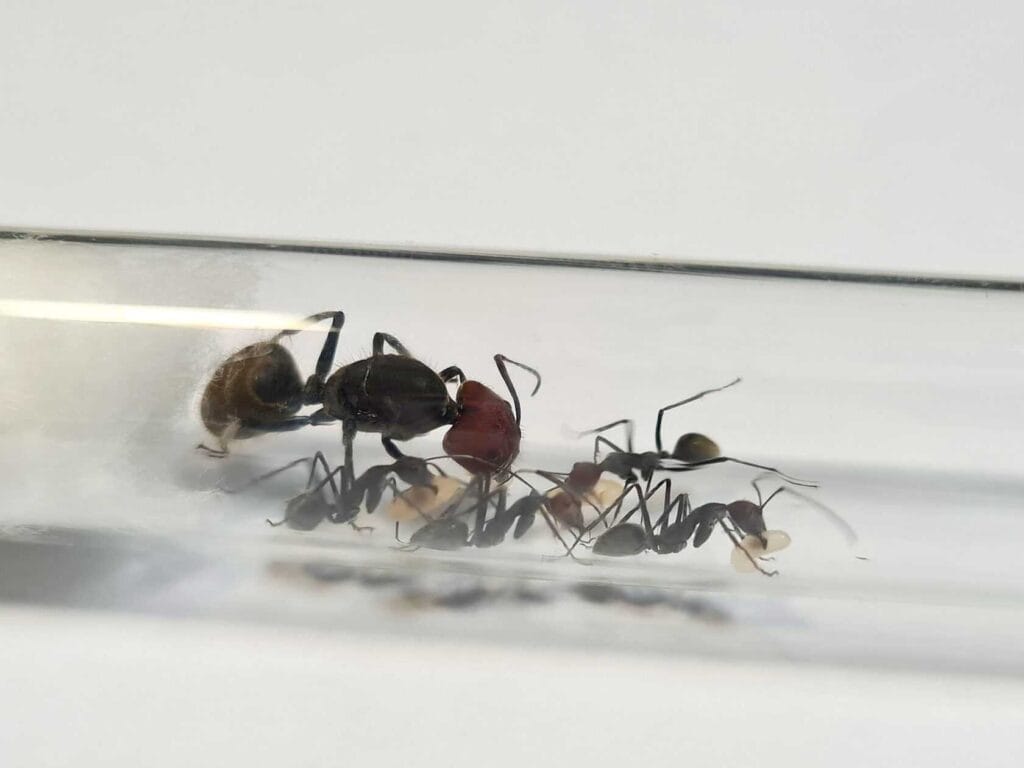
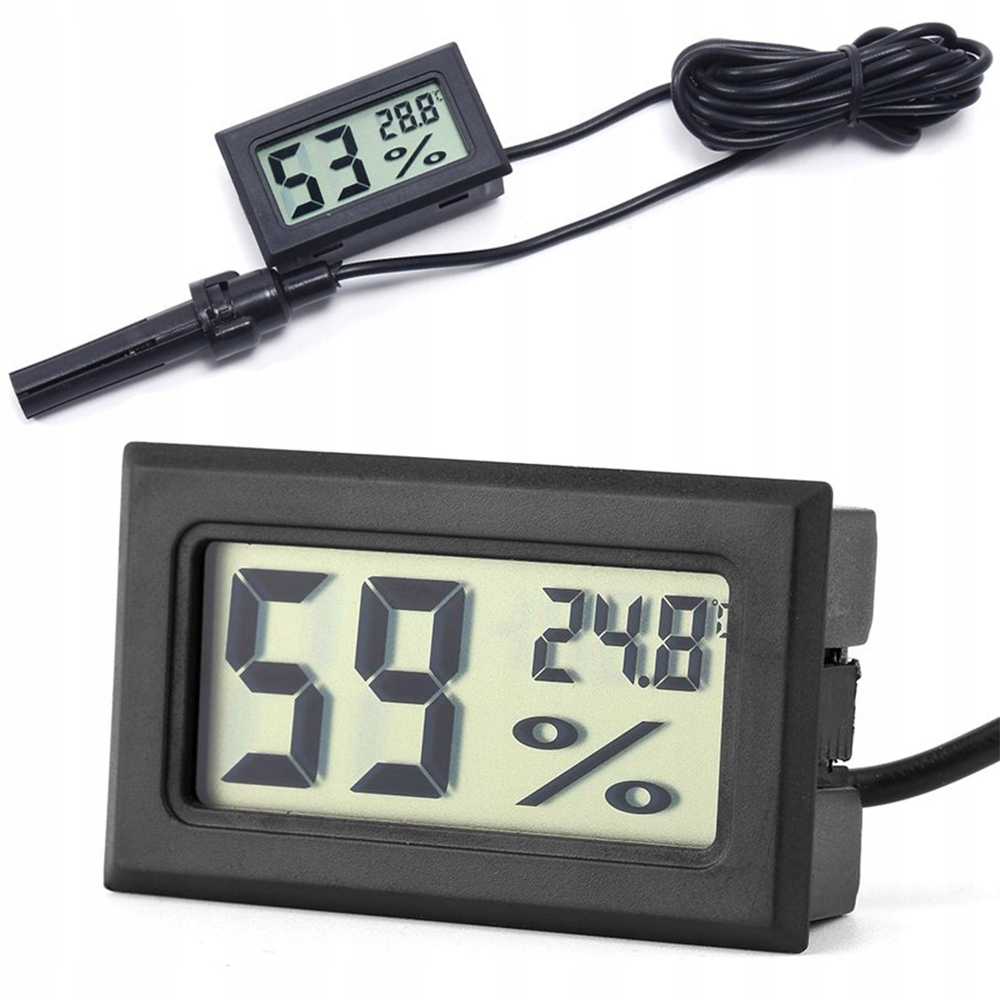

Reviews
Clear filtersThere are no reviews yet.